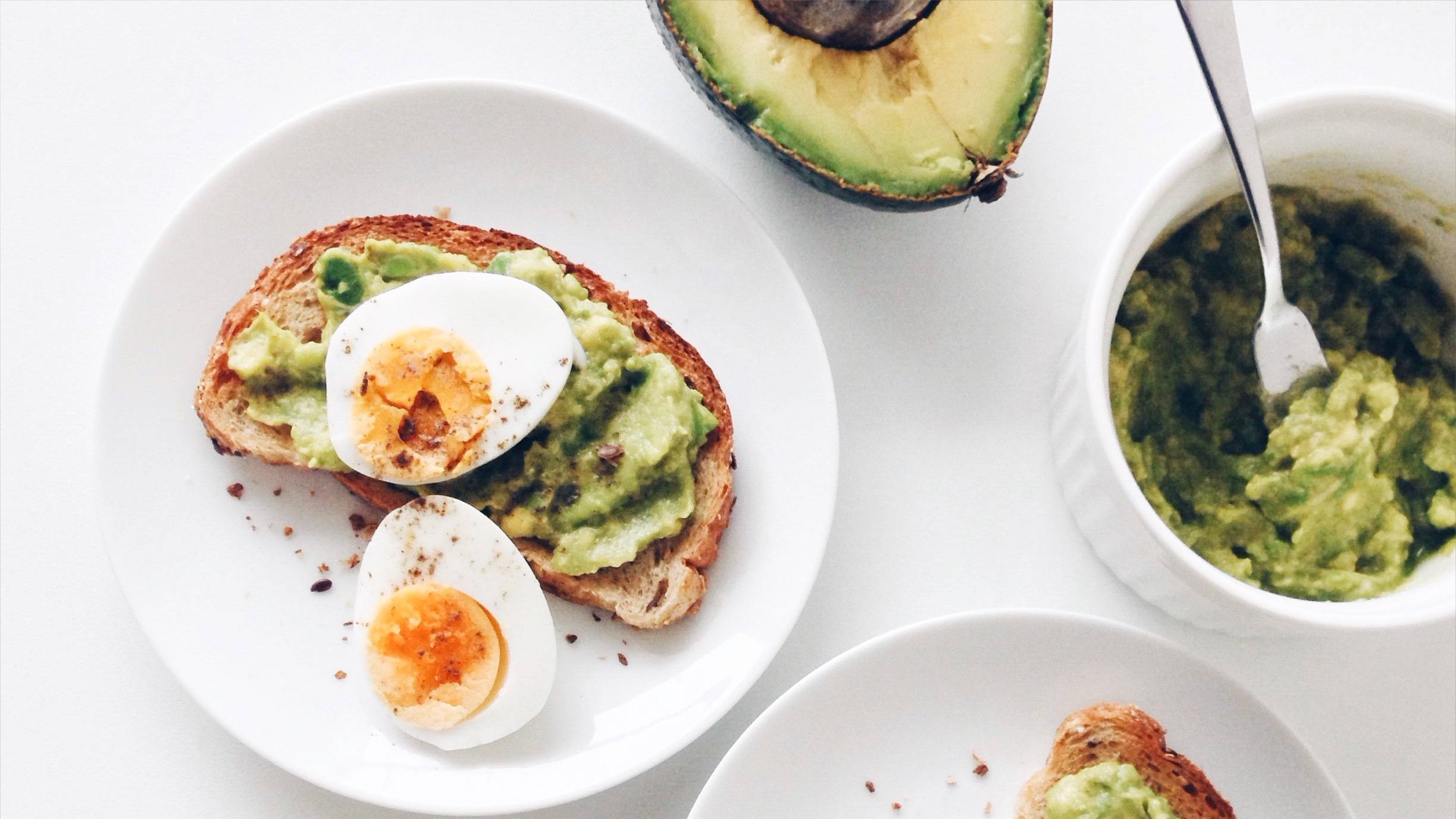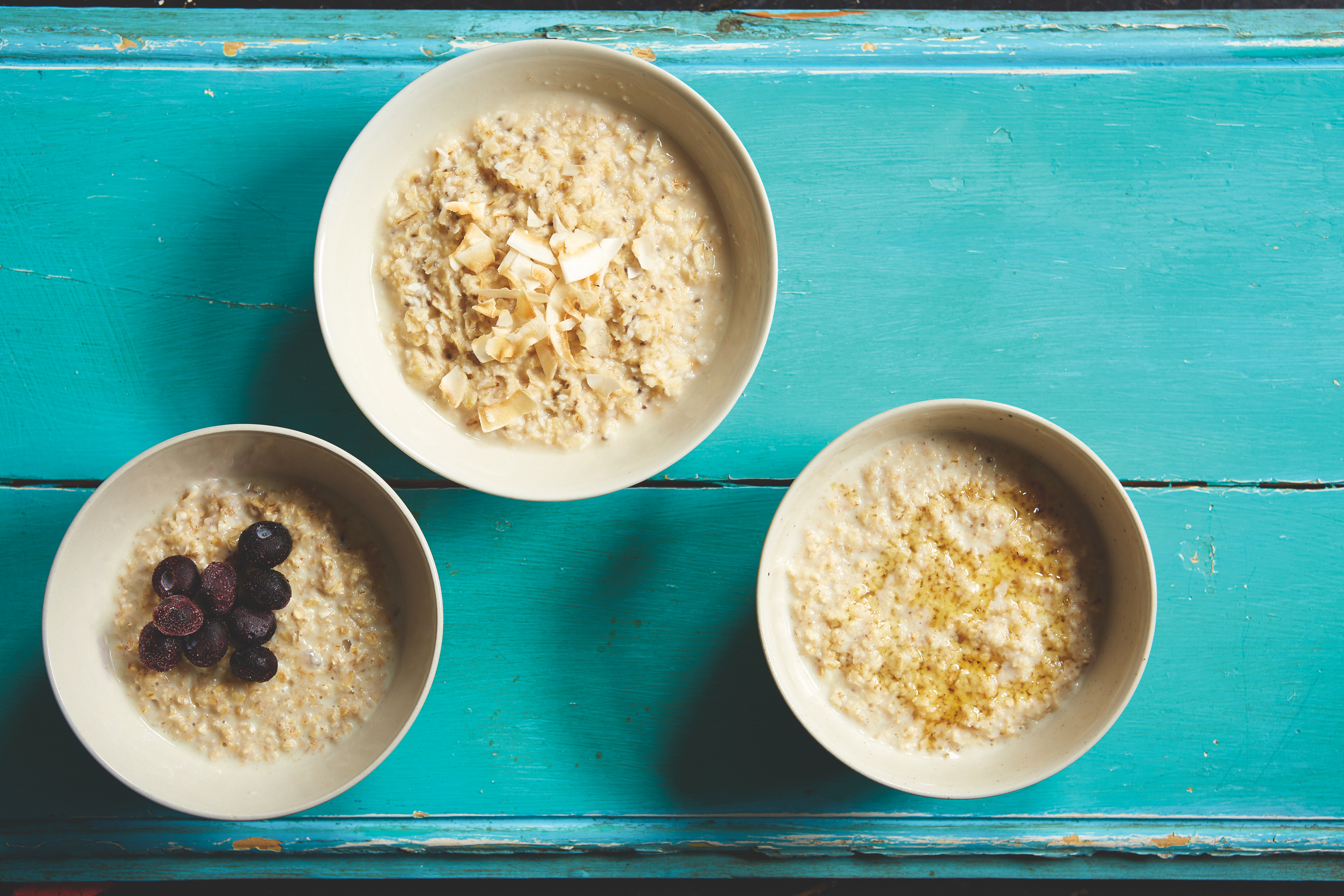How to reduce your cholesterol


Wondering how to reduce your cholesterol? Here's everything you need to know about lowering cholesterol the easy way.
When we eat some types of fat our body converts them into cholesterol. High cholesterol is very dangerous as it clogs up arteries which can lead to heart problems such as strokes and heart attacks. Although high cholesterol can be a hereditary problem it is often caused by eating fatty foods and not exercising enough. Smoking and drinking can also be factors in having high cholesterol. Although there are no symptoms or signs of having high cholesterol a blood test will be able to show your cholesterol level.
If you have a blood cholesterol test your doctor will explain the results to you. There are different types of cholesterol and some are more concerning than others. It's the Non-HDL cholesterol that should be kept as low as possible. HDL cholesterol is good as it prevents disease. But the other cholesterols that are categorised as Non-HDL can clog arteries and lead to heart problems.
There are medicines available to lower cholesterol in serve cases. But swapping to a healthy low saturated-fat diet and getting moving and shaking will also reduce the level of Non-HDL cholesterol in your body.
What is Cholesterol in food?
Certain foods such as dairy, shellfish, meat, and eggs contain cholesterol. This is often referred to as dietary cholesterol. People with high-cholesterol were previously advised to avoid eating foods containing dietary cholesterol. However, the advice has since changed. As it is now known that eating foods that contain dietary cholesterol have a very minor effect on the cholesterol in the body.
Heart UK is an authority on cholesterol. They explain that eating foods containing cholesterol will have little effect on the amount of cholesterol in your blood. "That's because most of us eat less than 300mg of cholesterol per day – a small amount compared to the amount of saturated fat we eat." Therefore if suffering from high-cholesterol it's much more beneficial to reduce the amount of saturated fat in your diet rather than cutting out foods containing dietary cholesterol, you can do this with cholesterol-lowering recipes.
How to reduce cholesterol through your diet
1. Eat less saturated fat
In foods, there are two main types of fat. These are called unsaturated and saturated fat. So what’s the difference between good fats and bad fats? As a general rule unsaturated are the 'good' fats. Things such as nuts and oily fish fall into this category. Although it is important to eat unsaturated fat in moderation as too much is unhealthy.
GoodtoKnow Newsletter
Parenting advice, hot topics, best buys and family finance tips delivered straight to your inbox.
Saturated fat is the fat found in foods such as cheese, meat pies, sausages, pizza and cakes, and biscuits, among many others. Eating foods high in saturated fat is problematic as it will raise the cholesterol in the body which may lead to heart problems.
To work out how much saturated fat is in foods have a look at the food label. The nutritional information will contain two figures; 'Fat' and 'of which saturates' or 'sat-fat'.
- Food is considered to be high in saturated fat if it has over 5g of saturated fat per 100g. So these are ones you should avoid if you have high cholesterol.
- Foods that are considered low in saturated fat have 1.5g or less per 100g.
Trans fat is another type of fat, this is found in mainly found in meat and dairy products. But these fats are also modified to create artificial trans fats that are used in a few ready-made cakes and bakes. Check the food label for "hydrogenated fats or oils" and avoid these if possible.
How much saturated fat should I eat per day?
- UK health guidance recommends eating no more than 30g of saturated fat for an adult male age 19 to 64, and for a female, it suggests capping a daily intake of saturated fat at 20g per day.
- Children at 4-6 years old should eat no more than 18g per day, 7-10 year olds should eat no more than 22g of saturated fat each day. And 11+ year olds should eat no more than 28g a day.
- Adults aiming to reduce cholesterol should eat less saturated fat. In the UK there is no official guidance on the exact amount. But in the US The American Heart Association recommends reducing saturated fat to less than 6% of total daily calories in order to reduce cholesterol. Generally, the recommended daily calorie intake is 2000 calories a day for women, so for women, 6% equates to about 13g of saturated fat. Men whose recommended daily calorie intake is 2500 calories should eat no more than 17g of saturated fat per day in order to reduce cholesterol.
2. Swap to monounsaturated fats
It gets even a little bit more confusing as unsaturated fats can be further divided into: monounsaturated fats and polyunsaturated fats. The differences come down to the structure of the fat and how easy it is for the body to break it down.
The great thing about monounsaturated fats is that they can be beneficial to the body and can actually help to reduce the bad cholesterol in our bodies. Monounsaturated fats are more easily broken down in our bodies than saturated fats, so do not clog the arteries or contribute to bad cholesterol.
Foods that contain 'good' Monounsaturated fats:
- olive oil
- canola oil
- peanut oil
- safflower oil
- sesame oil
- avocados
- peanut butter
- nuts
- seeds
Making lower-fat food swaps is one of the easiest ways to eat less saturated fats. For example for a snack cut out the crisps that are high in saturated fat. And instead replace them with nuts, which are high in good monounsaturated fats. Or on your toast in the morning swap butter for peanut butter for example.
Although be aware that like all fats monounsaturated are high in energy. Gram for gram contains the same amount of calories as saturated fat, so enjoy in moderation.
For a really easy healthy option, we love the M&S eat well range. They offer a variety of tasty ready-meals that are low in saturated fat.
3. Go Nolo
In our bodies, the liver helps to control the amount of cholesterol in the blood. Drinking excessively can weaken the liver. There are many extreme ways to detox the liver such as juice fasts and taking supplements. But one of the easiest ways to give your liver a break is to cut out alcohol, at least for a couple of days a week. There are lots of No and Low alcohol options available so you don't have to feel like you are missing out.
4. Snack healthy
When we're feeling peckish between meal times it's often those foods high in saturated fat that we're tempted to reach for. But swap these for healthy and filling snacks such as fruit and nuts. Or just opt for a lovely hot tea, it might just be the sit-down and the break that you're craving, not actually a snack at all?
5. Up your fiber intake
Fiber is so important in our diets, but it can often be overlooked. In fact, the NHS suggests that an adult should aim to consume 30g of fiber every day. Two ingredients considered most effective for reducing cholesterol are oats and barley. This is because they contain a type of fiber called beta-glucan which can help to lower cholesterol. For an easy beta-glucan-packed breakfast try porridge. Make it with water and avoid adding salt for the healthiest option.
Wholemeal bread and pasta, brown rice, barley, buckwheat, and rye are also all high-fiber foods, which help control cholesterol levels. If you eat pasta bread or rice often a simple swap to a wholemeal alternative could make a big difference.

6. Five a day is the healthy way
Eating a minimum of five portions of fresh fruit and vegetables a day is a powerful weapon in the fight against cholesterol. They are low in fat and contain fiber. So full up on vitamin-rich fruit and veg goodness instead of fatty foods. Most fruits and veg, even juices and pulses count towards five a day.
According to the NHS the following portion sizes count towards five a day:
- 80g of fresh, canned, or frozen fruit and vegetables
- 30g of dried fruit
- 150ml of fruit juice, vegetable juice or smoothie (max once a day)
- 80g of beans and pulses (max once a day)
So it's easier than you might have thought to reach five a day. And if you want to take this to the extreme swapping to a plant-based diet is a great way of cutting out many saturated fats.
7. Sterols and stanols
Sterols and stanols are organic chemicals that are naturally found in nuts, seeds, fruits and vegetables, and wholegrain. But as it would be hard to eat a sufficient amount by eating them in their natural form you can purchase products that have added sterols and stanols. These products have been specifically designed for people with high cholesterol as sterols and stanols reduce unhealthy cholesterol. When they are absorbed from the intestines into the bloodstream sterols and stanols actively block some cholesterol from being absorbed.
Heart UK endorses foods with synthetically added sterols and stanols explaining "These fortified foods lower your cholesterol gradually, over a few weeks. And how much depends on the amount you eat. Some experts believe they are the most effective single food for lowering cholesterol."
We would not suggest you try these if you are pregnant or breastfeeding or do not have high-cholesterol.
How to reduce cholesterol quickly
If you are concerned about high-cholesterol seek advice from your doctor. In extreme cases, they will be able to prescribe medication. But swapping to a healthy diet, reducing the amount of alcohol you drink, if you're a smoker stopping smoking, and doing more exercise will all be beneficial in reducing the bad cholesterol in your blood.

Rose Fooks is Deputy Food Editor at Future Publishing, creating recipes, reviewing products and writing food features for a range of lifestyle and home titles including GoodTo and Woman&Home. Before joining the team, Rose obtained a Diplome de Patisserie and Culinary Management at London’s Le Cordon Bleu. Going on to work in professional kitchens at The Delaunay and Zedel.